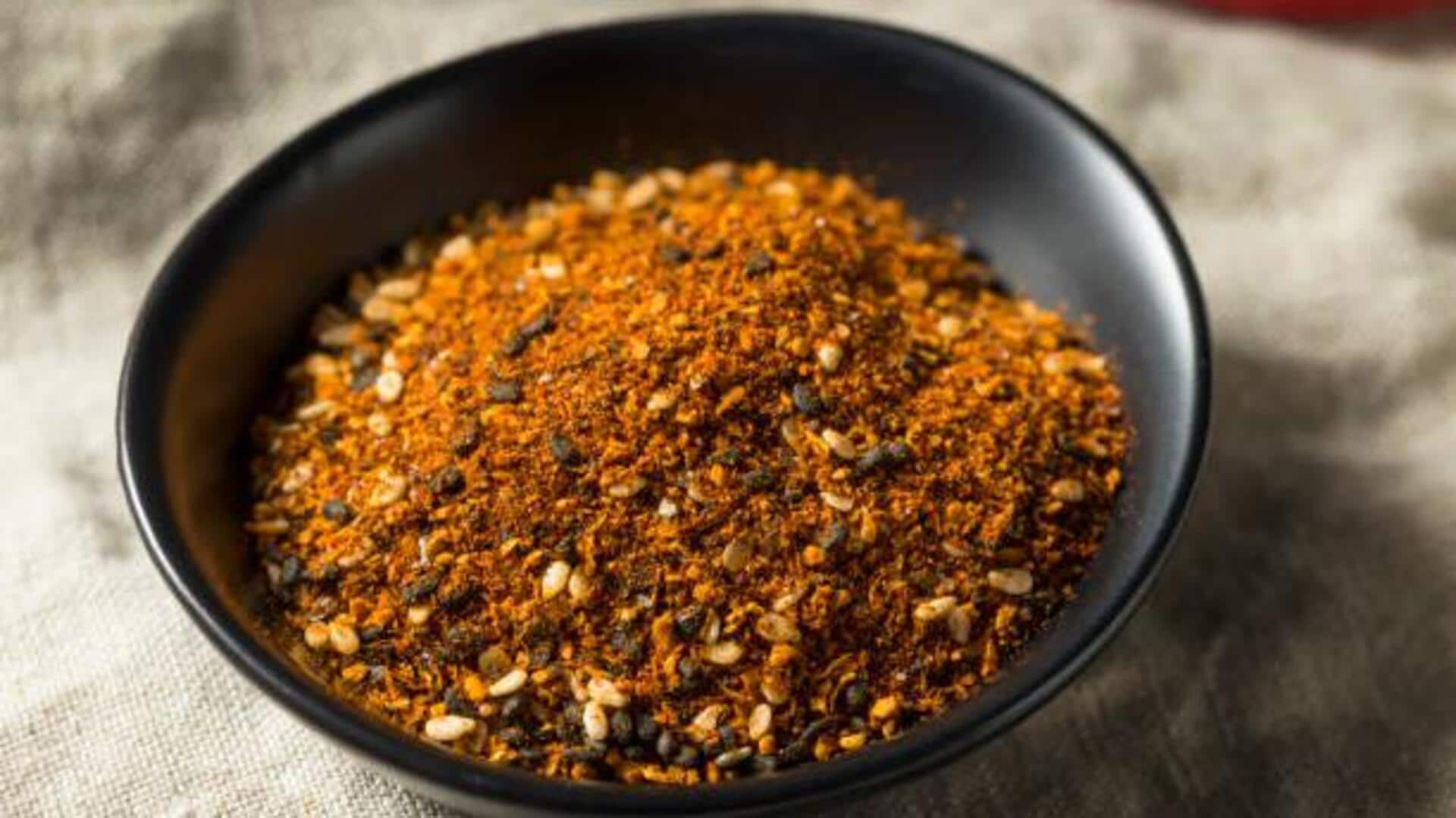
How to use spice blends in cooking
What's the story
African culinary spices are famous for their rich flavors and aromas. These spices have been used for centuries to enhance dishes, providing unique tastes that reflect the continent's diversity in culture. From fiery blends to subtle seasoning, mastering these spices can take your cooking skills to the next level. Here are some of the most popular African spice blends and how you can use them in your kitchen.
Spice mix 1
Berbere: A fiery Ethiopian blend
A staple in Ethiopian cuisine, berbere is bold, spicy, and delicious. It generally consists of chili peppers, garlic, ginger, basil, and fenugreek, among other spices. The blend is usually combined with stews and lentils to add depth and heat. To master berbere, use it sparingly to start off until you get used to its intensity.
Spice mix 2
Ras el hanout: Moroccan spice mastery
Ras el Hanout is a complicated Moroccan spice blend that can include as many as 30 different ingredients like cinnamon, cumin, coriander, turmeric, and cardamom. It is usually used in tagines or couscous dishes. The trick to nailing Ras el Hanout is to balance out its sweet and savory notes without overpowering the dish.
Spice Mix 3
Harissa: North Africa's hot paste
Harissa is a hot chili paste that hails from North Africa. Made with roasted red peppers, garlic paste, caraway seeds, coriander seeds, cumin seeds, and olive oil for smoothness, it adds a fiery kick when used as a marinade or condiment. To master harissa at home, make sure you adjust the level of heat according to personal preference but keep its robust flavor intact.
Spice mix 4
Suya spice: West African delight
Suya spice comes from West Africa, where it is traditionally used to season grilled vegetables or tofu skewers, thanks to its nutty yet spicy flavor. The flavor comes from ground peanuts combined with paprika powder, onion powder, ginger powder, cayenne pepper, etc. When using suya spice, keep in mind that moderation ensures a balance of nuttiness and spiciness without overpowering other flavors of the dish.